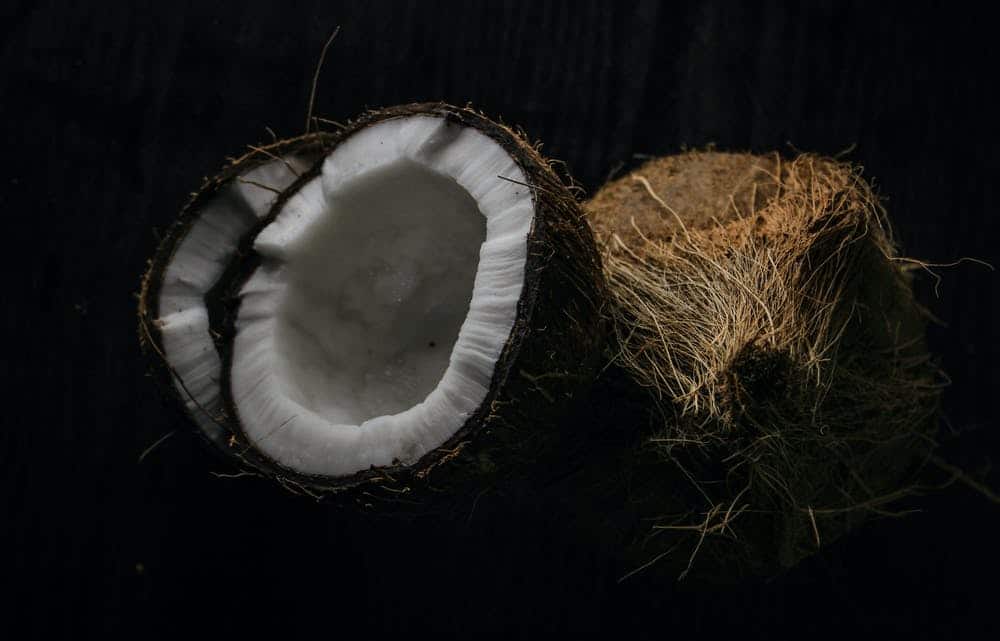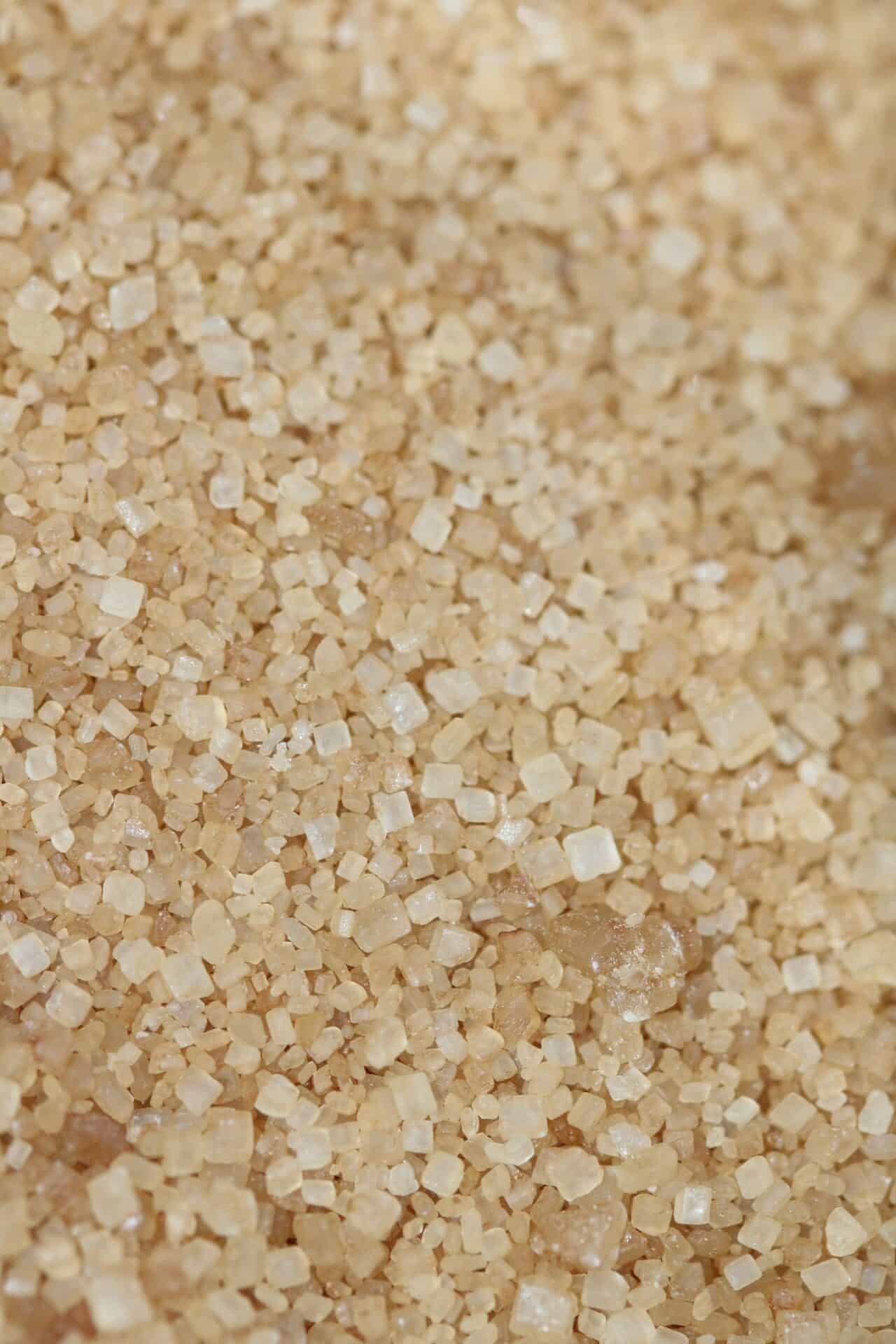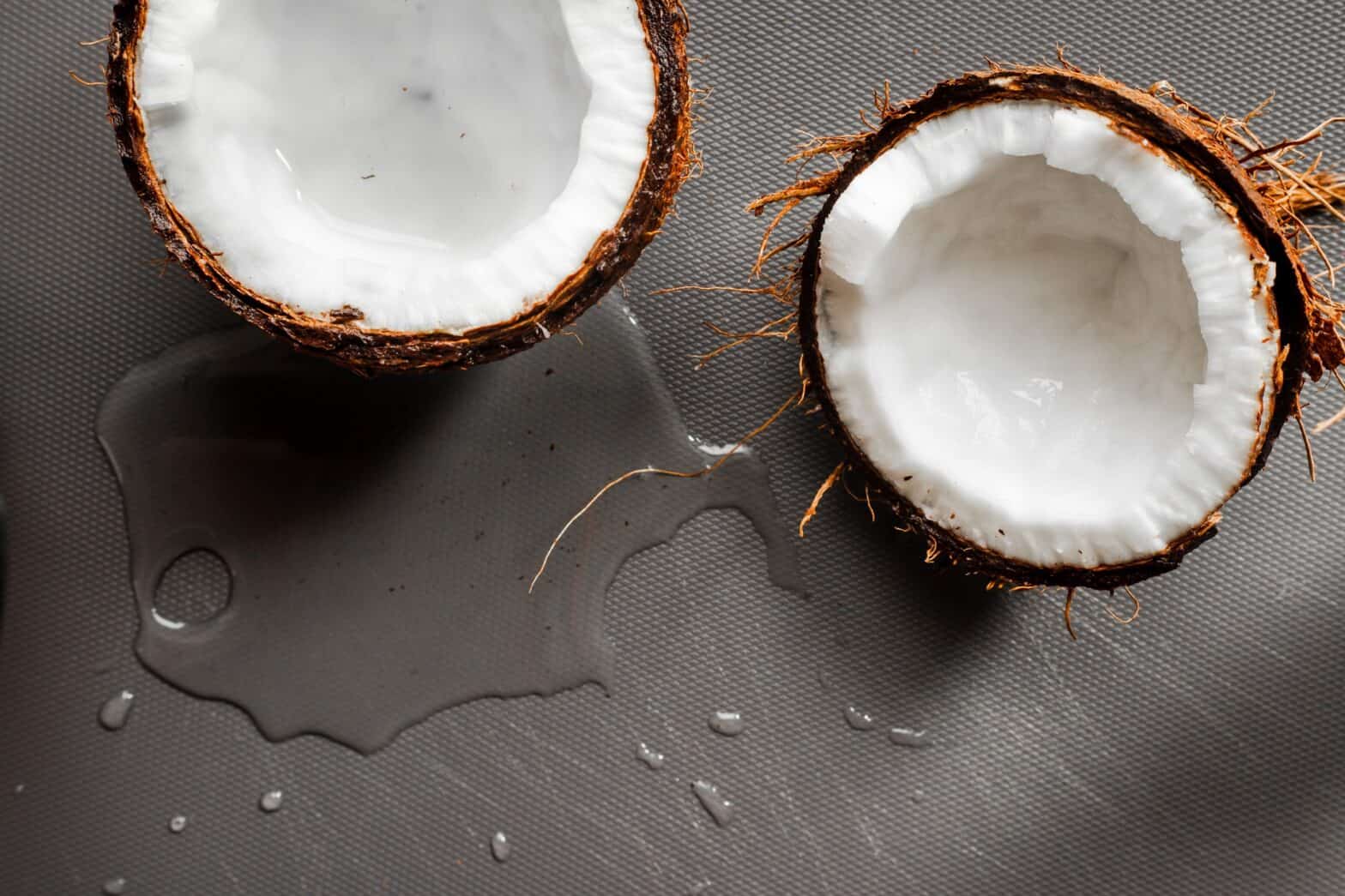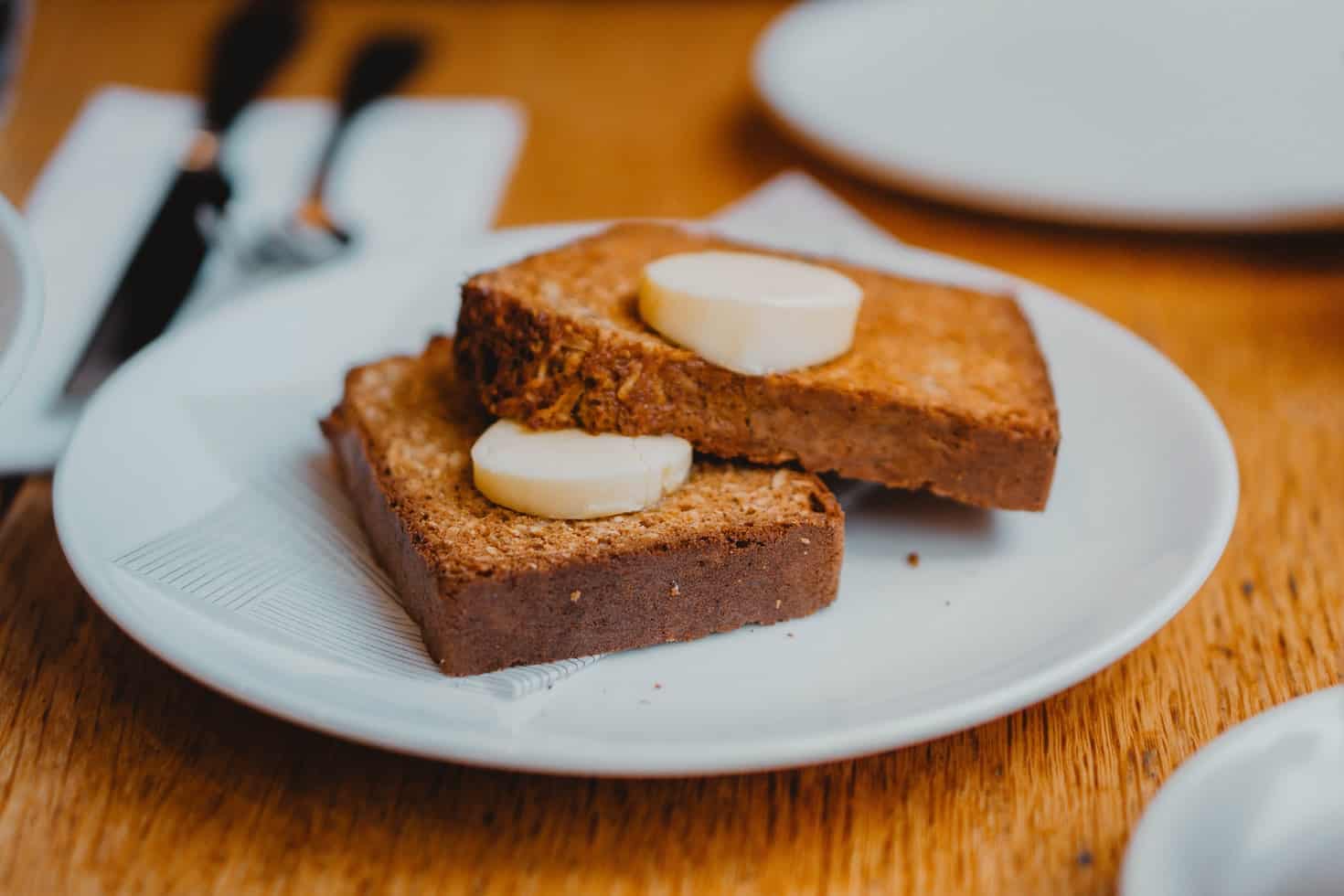Organic coconut products have been famous in eastern cultures for ages. However, they have only gained worldwide fame in recent years. This is due to a demand for a healthier and eco-friendlier lifestyle.
Experts highly recommend organic coconut products because of their immense health benefits. You can also easily add coconut to your diet and beauty routine.
If you’re interested in trying them, you can start with these seven different organic coconut products:
1. Coconut Oil
Organic coconut oil is a good source of healthy fats, which are vital for a balanced diet. It also has a high lauric acid content that gives coconut oil its potent anti-fungal properties.
It can relieve skin infections like allergies, burns, eczema, and some STDs. As such, this product is also used in a lot of organic soaps and cosmetics.
Aside from that, it can aid in one’s weight loss journey. It’s a rich food source, so it helps you feel full and increase your metabolic rate.
Coconut oil is a healthy alternative to most regular oils today. Add it to your cart the next time you shop at the grocery store.
2. Virgin Coconut Oil
Virgin coconut oil (VCO) is extracted from fresh coconuts. It does not require heating or bleaching. Moreover, it provides several other health benefits. It helps eliminate dead hair or skin cells and helps restore damaged tissue.
In addition, VCO increases your liveliness. It also gives your skin and hair a more youthful appearance. This is because VCO acts as an anti-aging agent.
VCO is also a great ingredient to have in your pantry. It’s multipurpose and can easily enhance the flavor of any dish.
3. Coconut Milk
Organic coconut milk is far more nutrient-heavy than other varieties of milk. It is both nutritious and energizing.
Contrary to popular belief, coconut milk is not a dairy product. It’s created by shredding ripe coconut fruit, blending it with water, then puréeing it. It actually can be a dairy-free substitute in smoothies, cereal, tea, and other dishes. Because of this, coconut milk is a favorite of those on a paleo diet.
Coconut milk is beneficial for maintaining a healthy metabolism and healthy heart. It also has anti-inflammatory properties and is effective against germs and viruses.
Finally, it is vegan-friendly and can help to alleviate stomach ulcers.
4. Raw Coconut
Coconut contains milk and water, so you can either drink it on its own or use it for cooking. It is an excellent ingredient in baking and in making sweet foods such as granola bars and ice cream. You can also try adding it to your favorite soup dish to make it healthier and tastier.
5. Coconut Cream
Coconut cream is a tasty, condensed cream comparable to coconut milk but is less runny. Many Southeast Asian countries rely on coconut cream as a staple element in cooking.
It’s also utilized in traditional Polynesian dishes. Recipes such as Coconut Curry Sauce, Coconut Cream Pie, and Coconut Chocolate Mousse are examples of what you can make.
6. Coconut Aminos
Coconut amino acids are gaining popularity as a healthy alternative to soy sauce. This umami-rich spice is made from coconut blossom sap fermented with vegan salt, free of gluten and soy.
The flavor is salty-sweet with a hint of butteriness. This sauce is trendy among people following a paleo diet.
7. Desiccated Coconut
Chefs love desiccated coconut because it stores well and is easy to use to add a tropical taste to any dish. Manufacturers remove the coconut’s moisture from the flesh and then grate it.
Desiccated coconut has a mellow sweetness and pairs well with trail mix, berries, and oatmeal. Moreover, its heart- and metabolism-boosting characteristics make desiccated coconut suitable for paleo and vegan diets.
Conclusion
Organic coconut products are healthy and nutritious. They are eco-friendly and provide several health benefits for you. So try integrating coconut into your lifestyle today!
If you’re looking for a reliable source of organic coconut products, the Coco House is the place to go! We are Sri Lanka’s best coconut exporter and supplier, serving the world with fresh organic coconut-based goods. Place your order today!













